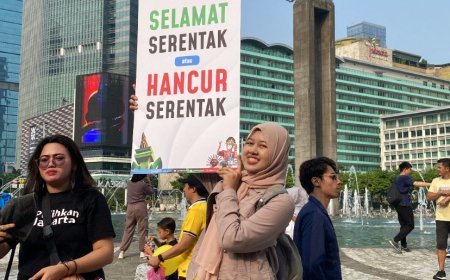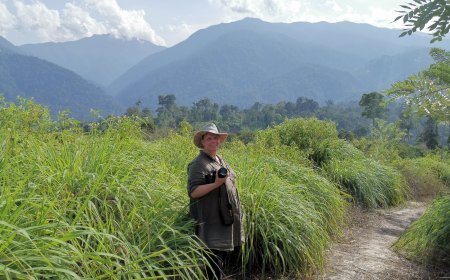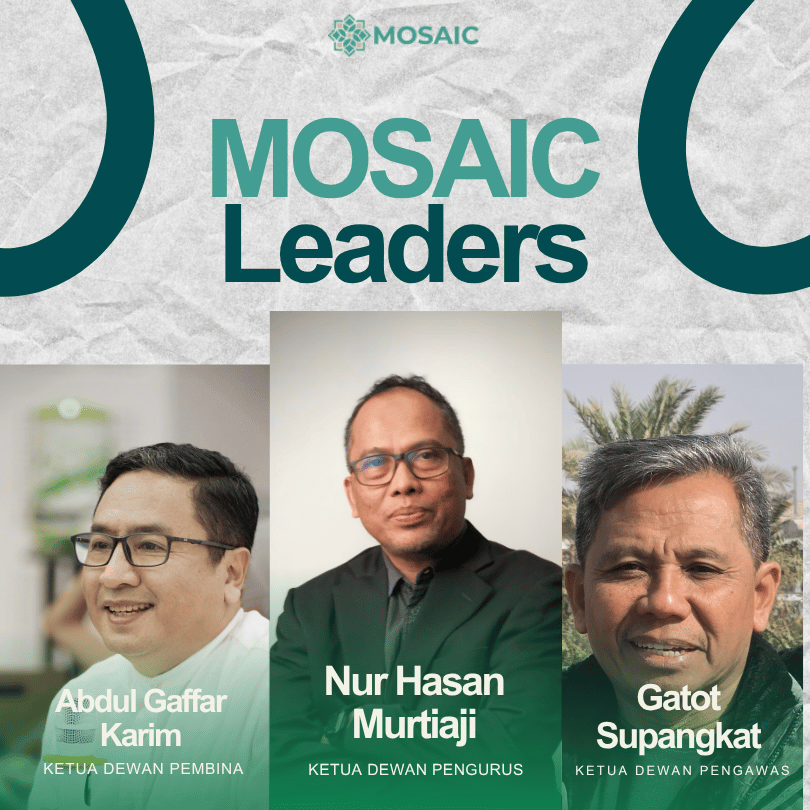Islamic economics to answer climate problems
Assets available for climate finance from the total sharia financial market amount to 5%, i.e. 400 billion US dollars
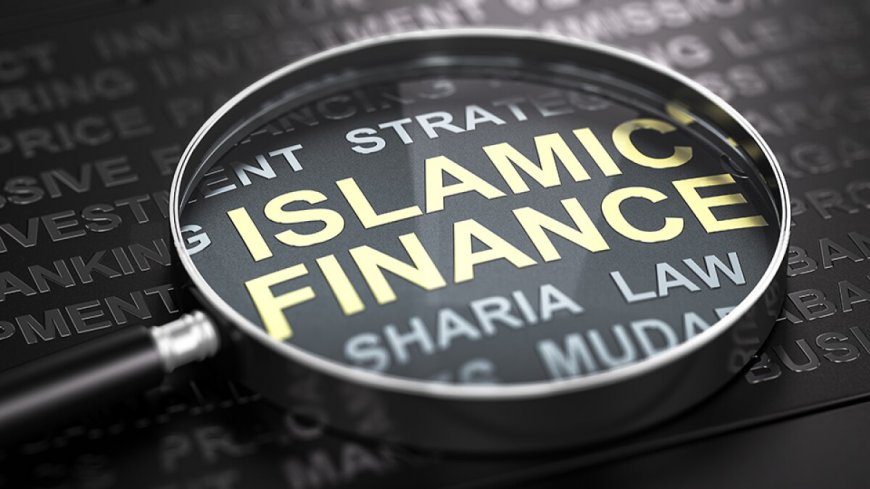
MOSAIC-INDONESIA.COM, JAKARTA — The Halalan Thayyiban principle in Islamic economics is said could answer the problem of climate change. Islamic economics aligned with Sharia principles such as the prohibition of usury (interest) and speculation (maysir), as well as an emphasis on social justice were said to fit the sustainability agenda in environmental issues.
In recent years, the concept of Islamic economics has even grown beyond the limits of halal (permissible) and haram (forbidden) to a more holistic and sustainable approach. Halalan-Thayyiban not only ensures that a product or service is halal, but also thayyib, that is, pure, good, and provides benefits to individuals, society, and the environment.
In a discussion titled Sustainable Islamic Finance Summit in Jakarta on Thursday (13/2/2025), various experts affirmed the great potential of Islamic finance condensed with halalan thayyiban values to support sustainable projects.
Dr. Hayu Prabowo, Chairman of the Institute for the Conservation of Environment and Natural Resources of the Indonesian Ulama Assembly (MUI), explained that sustainable sharia economics and finance not only focus on lawful financial gain, but also provide positive social and environmental benefits (thayyiban). The concept is in line with the Islamic principle of rahmat lil alamin (mercy for all nature).
Sustainable sharia finance offers solutions to build a sustainable economic system by blending Islamic values and environmental sustainability. Its realization includes the development of supply (innovation of sustainable financial products and services) and demand (increased market demand for sustainable financial products), as well as the integration of the principles of green economy, circular economy, and bioeconomy to achieve economic, social, and environmental balance.
According to Tariq Al Olaimy, an Islamic finance expert and adviser to Ummah for Earth, the Islamic financial market is predicted to surpass $8 trillion by 2030. Assets available for climate funding at 5% amount to $400 billion, he said in a written statement.
One Islamic financial instrument that has shown great potential is the sustainable sukuk (green sukuk). In the first half of 2024, the ESG (Environmental, Social, and Governance) sukuk market had reached 9.9 billion US dollars, with sustainable sukuk accounting for 63% of total issuance.
A vivid example of this positive impact can be seen in the Saudi Electricity Company and Indonesia's Green Sukuk projects, which have contributed to the reduction of carbon emissions.
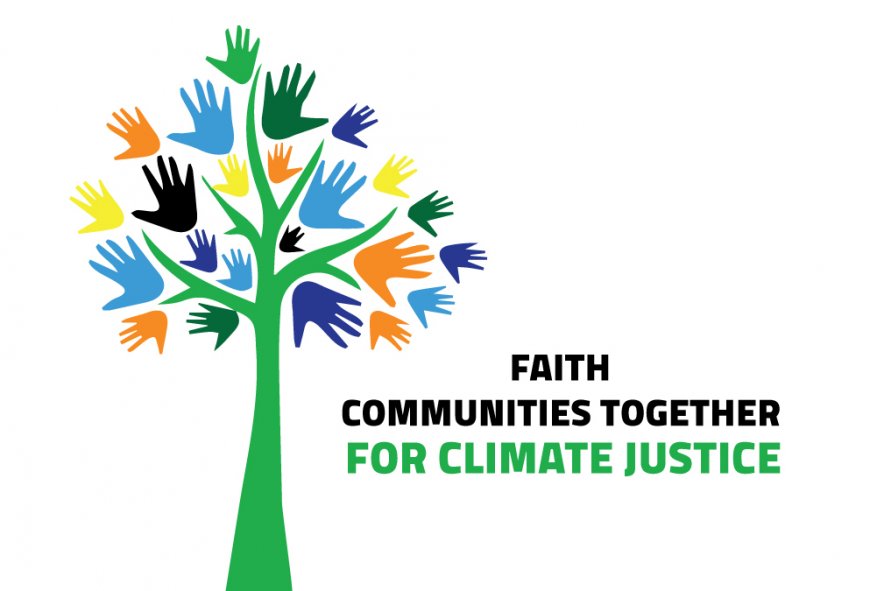
Dr. Deden Hendarsyah from the Financial Services Authority (OJK) discusses the regulatory and policy framework for sustainable sharia finance in Indonesia. OJK has issued several important regulations, such as POJK Number 51/2017 on Sustainable Finance and POJK Number 18/2023 on Sustainable Sukuk.
In addition, OJK also developed the Indonesian Green Taxonomy and the Climate Risk Management Guide (CRMS). Sharia banking is encouraged to increase socio-economic impact through ZISWAF instruments (Zakat, Infaq, Shadaqah, and Waqf) as well as supporting sustainable sector financing, which currently accounts for 14% of total financing.
Dr. Rifki Ismal, Director of the Department of Economics and Finance of Sharia Bank Indonesia (BI), explained that BI has developed a sharia economic and financial policy that supports green finance.
These initiatives began in 2010, including green banking, green lending, and green bonds. BI also issues Inclusive Sukuk (SuKBi) and provides macroprudential incentives for green financing. BI's strategic program includes strengthening the halal ecosystem, sharia financial literacy, and sustainable economic development.
Urip Budiarto of the National Committee on Sharia Economics and Finance (KNEKS) explained the role of KNEKS in building a sustainable sharia finance ecosystem in Indonesia. Sharia finance contributes to the achievement of the Sustainable Development Goals (SDGs) with balanced economic, social, and environmental principles.
Implementation is done through programs such as Green Sukuk, productive waqf, and ESG integration in sharia finance. KNEKS also supports infrastructure projects with the Sharia-based Government and Business Entity Cooperation (KPBU) scheme.
The 2025-2029 Roadmap targets improving the national sharia economy and the competitiveness of the halal industry. Cross-sector collaboration is needed to strengthen regulation and encourage green investment and sustainable financial innovation. The membership of KNEKS includes 3 Coordinating Ministers, 7 Ministers, 3 Chairmen of Institutions, as well as the General Chairman of the Indonesian Clerical Assembly and the Indonesian Chamber of Commerce (KADIN).

Challenges and Strategies Ahead
Although the financial potential of sustainable sharia is enormous, major challenges remain. Dr. Siti Ma'rifah, Chairman of the Daily Executive Board of MUI's National Sharia Council, stressed the importance of building a solid sharia foundation for sustainable finance.
Challenges include maintaining future sustainability, improving sharia financial literacy, and addressing regulatory and infrastructure limitations.Dr. Risna Triandhari of PEBS FEB UI added that the necessary strategies include strengthening regulation, incentives, innovation, as well as increased collaboration and sustainable financial literacy.
Halalan-Thayyiban Islamic economics offers a holistic and ethical approach to achieving sustainability. By blending Islamic principles and sustainability values, sustainable sharia finance can be an effective tool to address global challenges such as climate change, social inequality, and environmental damage.
However, to realize this potential, collaboration between governments, financial institutions, clerics, and civil society is required. Strong regulation, financial product innovation, and increased sharia financial literacy are key to ensuring that the Halalan-Thayyiban Islamic economy can contribute significantly to building a more sustainable and equitable future.


